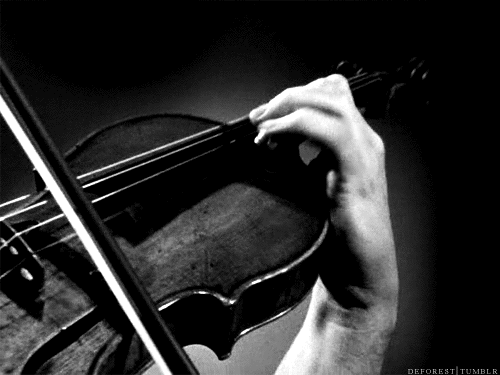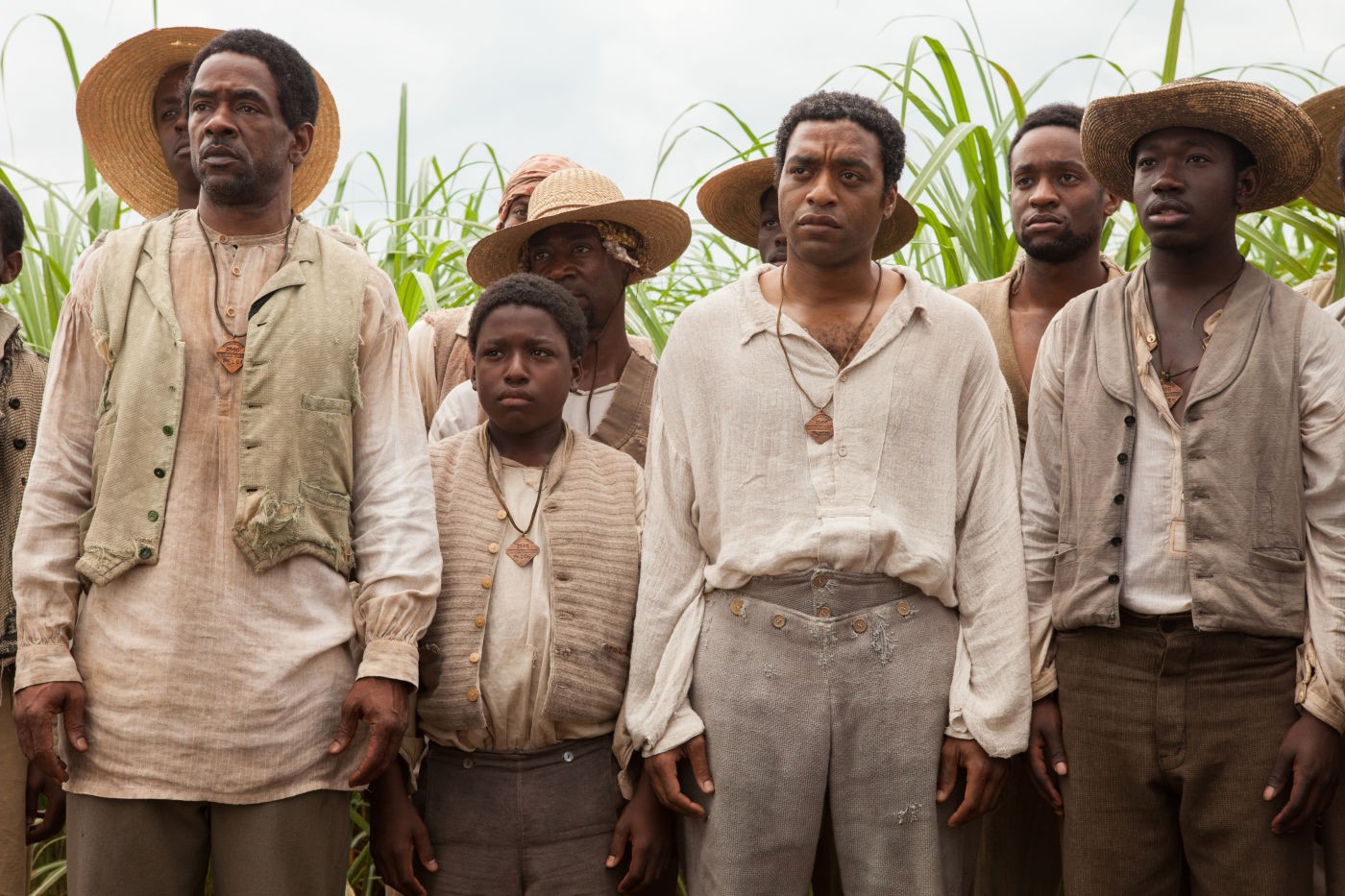Yet instead of wallowing in self-remorse, Bauby composed The Diving Bell and the Butterfly in his head over the course of his paralysis and then proceeded to 'write' it via (for medical terminology's sake) "partner assisted scanning." Here's how it worked: a very patient and dedicated nurse/significant other would read the alphabet out-loud (an alphabet rearranged in order of letter usage frequency) and Bauby would simply blink his left eyelid to select letters and spell out sentences.
Such a system resulted in the publication of Le Scaphandre et le Papillon in 1997, and the production of a film (I am about to review) 2007. I decided to watch The Diving Bell and the Butterfly over the weekend primarily because I'm reading the original text in French class but also because I wanted to justify staying up late. Plus, who can resist the temptation of watching a film that was nominated for 4 Academy awards?
 In the beginning of the film, we observe the world through Bauby's lens - through his blinking (and sometimes wandering, men's gaze-esque if you know what I mean) left eye. There's an incredible, instantly gripping dialogue sequence where Bauby zones half in/out of consciousness while doctors and nurses peer at him and repeatedly speak to him in assuaging tones - and all the while Bauby is muttering in the background, trying to piece together his own conclusions.
In the beginning of the film, we observe the world through Bauby's lens - through his blinking (and sometimes wandering, men's gaze-esque if you know what I mean) left eye. There's an incredible, instantly gripping dialogue sequence where Bauby zones half in/out of consciousness while doctors and nurses peer at him and repeatedly speak to him in assuaging tones - and all the while Bauby is muttering in the background, trying to piece together his own conclusions.Then, one can't admire the genius camera work that ensues when Bauby blinks - and opens his eyes again to reveal to us audiences a snapshot of his past, of his moving/fast-paced life as editor in chief of Elle. Throughout the film, such 'clips' recur to not only add a bit of much-welcomed movement to the film but to also reveal much about Bauby before his stroke. Indeed, there's a part in the book where he wonders to himself whether the nurses around him know anything of his identity before he became paralysed. Perhaps the movie's visual flashbacks are attempts to reconstruct some of that identity.
Above all, the film - like the book - highlights two main facets to Bauby's situation: firstly, it reveals how his condition affects his life and relationships. Indeed, there is a brilliant scene where a fly lands on Bauby's nose and he - unable to lift a finger - watches it with a wild eye before it is swatted away. On a more emotionally-striking level, the one-sided phone calls he has with his father and lover are heart-wrenching .... not to throw in a major plot spoiler but when Inès calls and he responds "chaque jour je t'attends," have your tissues ready.
Secondly, Bauby's story compellingly reveals the indisputable force of imagination, without which the book would have never been written. And it is imagination that sends Bauby on mental holidays and fantasies, scenes the film pays particular attention to.
Another little detail the film honed in on was capturing tiny symbolic motifs - from the corner of the camera frame, one will see a tiny butterfly flutter by the window...
Also, the soundtrack is fabulous and I haven't been able to get La Mer out of my head for a week already.
All in all, The Diving Bell and The Butterfly is a stunning film, one that certainly does the book justice (although perhaps not Bauby himself, as his friends seem to argue).
There is no doubt that Bauby sits on the highest tier of human competence - it is remarkable that his strenuous internal-editing, determination and focus evolved into a 100+ page novel. And upon reading the novel and watching the film, one may understand how Bauby's imagination, free as a butterfly, was what kept him tethered to reality - and will inspire readers and audiences for generations.




